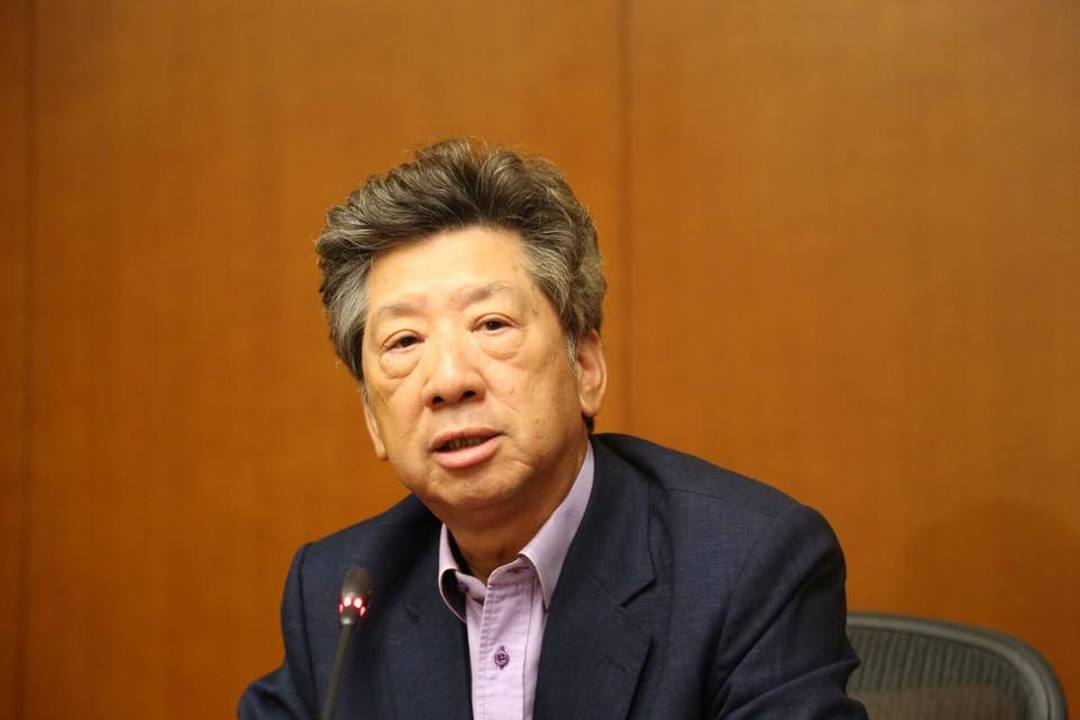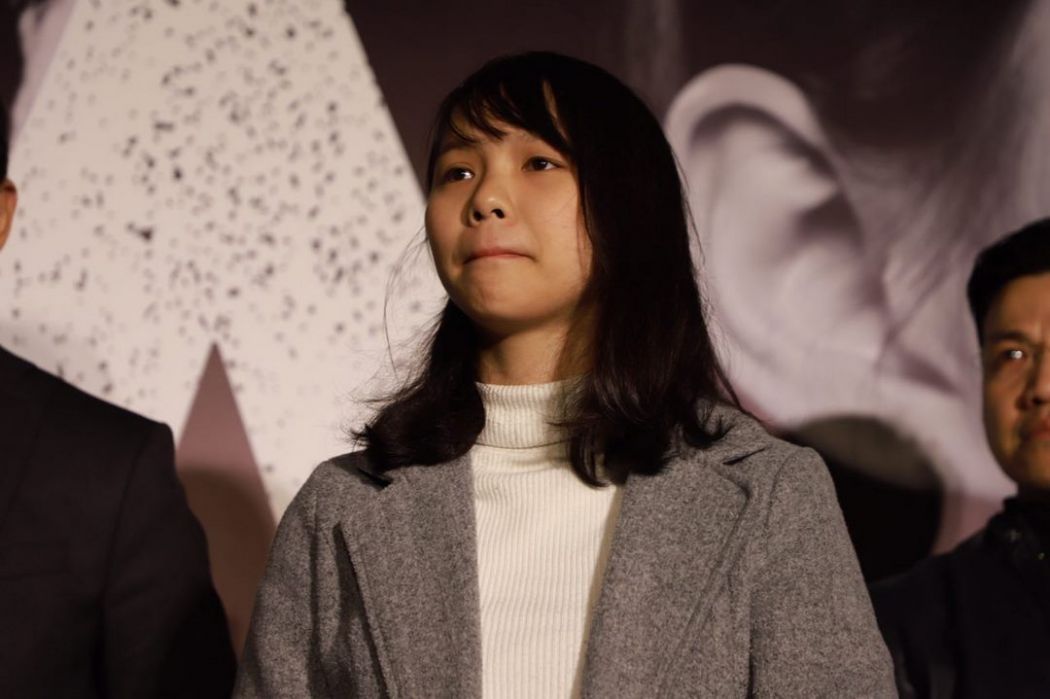Demosisto’s chairperson Nathan Law has said he suspects the decision to bar his party colleague Agnes Chow from running in the March legislative by-election came from an entity higher than the local government.
The chief electoral officer confirmed that election officers had sought legal advice from the Secretary for Justice over their decision to bar Chow from running in the Hong Kong Island constituency. However, they did not elaborate as to what the legal advice was, other than pointing to Demosisto’s advocacy for democratic self-determination.
Law said that the members of the Executive Council – a top government advisory body – expressed contradictory opinions before, and after, Chow’s disqualification.

“Look at Regina Ip and Ronny Tong’s reactions before and after the news – they seemed to know nothing at all,” Law told a Commercial Radio programme on Monday. “If even the Executive Council was not clear – could the order come from higher than the Executive Council?”
“The decision shows again that [promises of] ‘Hong Kong people governing Hong Kong’ and ‘a high degree of autonomy’ are empty words.”
Before Chow was barred, Tong said Chow had not mentioned Hong Kong independence, even though her party advocated for self-determination for Hong Kong people. Ip – whose party sent Judy Chan to run against Chow – said she “prayed to the Gods” that Chow would not be barred.
Civil vs. human rights
On Monday, Tong told RTHK radio that “civil rights are not human rights.”
“The framework of citizen, constitution and country is needed to have the rights. If you do not recognise this country, this is no reason to believe you have the right to exercise civil rights,” he said.
He added that fighting for independence, or proposing it as part of a public referendum, or accepting the idea if the public chose it would push red lines and is not in-keeping with current legal standards.

Tong compared Chow’s disqualification to the use of laws against illegal parking. He said they are only used if the situation is seriously causing blockage to traffic.
Asked whether candidates would be able to say they oppose the legislation of the national security law or that they hope to end one-party rule in China, Tong said people should not judged by one phrase but by an objective overview of one’s political inclination.
Changes to party introduction
Nathan Law confirmed that the party changed its “about us” page on its website recently, removing – in particular – the line “Demosisto adopts ‘democratic self-determination’ as the highest agenda” in Chinese.
The phrase “authoritarian rule of the CPC” was also removed from the introduction, but was still mentioned in the party manifesto below.
“It was not for the election – if so, we would have removed democratic self-determination – but it still exists in the new version,” he said.
“The agenda of Demosisto has not changed… but we wanted to tell the public what we have done so we added some things. For simplicity, we removed words that seemed too complex… It’s rather difficult to adopt a Ronny Tong-style change,” Law said, in reference to Tong’s turnaround.

“Today ‘self-determination’ became a danger to national security, but in the future it will be the same [for advocating] an end to one-party rule and the vindication of June 4,” he said, referring to the 1989 Tiananmen Massacre.
Responding to Tong’s illegal parking analogy, Law said Chow was “fined for parking in a normal spot.”
Former Democratic Party member Au Nok-hin, also a district councillor, has applied to run in the Hong Kong Island constituency. Asked if Au will also barred if he receives support from Demosisto, Law said that – if a moderate former Democratic Party member is banned – “who in the democratic camp can run?”
Meanwhile, the “King of Judicial Review” Kwok Cheuk-kin has filed a legal challenge seeking to invalidate the election officer’s decision to bar Chow.
Judy Chan from New People’s Party and non-affiliated candidate Edward Yum have submitted nominations to run for the Hong Kong Island seat.
